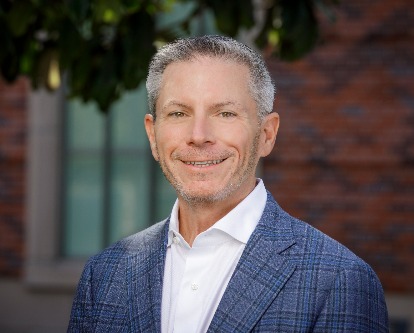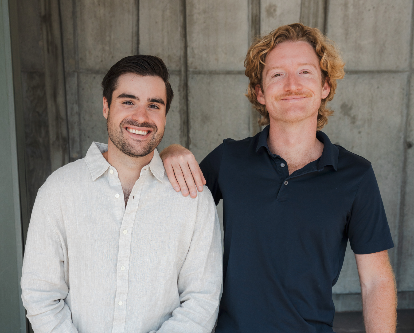
Born and raised in Memphis, Martin Luther King Day is significant for Professor Zivia Sweeney.
The associate professor of clinical accounting was just 12 years old when she witnessed history firsthand.
In February 1968, Black sanitation workers went on strike to protest dangerous work conditions and low pay. When two workers were killed because of faulty equipment, riots broke out, and Memphis police reacted violently. “I don’t remember the reason for the strike,” said Sweeney. “Only that it was major, and my community was upset.”
Sweeney’s church, St. Patrick’s, was a Catholic congregation working in conjunction with Black churches to bring Dr. King to town to speak in support of workers' efforts.
“As a child, I participated in several marches,” recalled Sweeney. “Our church and community activists encouraged us, and it was an exciting time.”
But two events of that time changed the way she saw the world forever.
She remembers watching helplessly from the school cafeteria’s window as police beat a man for no reason. The man was her friend’s uncle, coming to escort them both safely back home amidst the riot. Her fifth-grade teacher couldn’t go out and rescue him: “They’ll do the same to me,” he told them at the time.
“I never forgot that,” she said. “What I learned that day is you have to stand up for justice and what’s right even when it is difficult.”
Not long afterward she was sitting on the front steps of her grandmother’s house. It was April 4 1968.
“I lived on Mulberry, and the city was under restrictions because of Dr. King’s march that led to a riot.” She watched as an ambulance passed by with a man’s body inside. “I was an eye-witness to history, as that man was Dr. King,” she said.
Sweeney grew up in the segregated South. “I sat in the back of the bus and went to segregated schools,” she said. “I used different entrances and bathrooms and drank from separate water fountains.” Movie theaters at the time had separate levels for Blacks and whites. “I wasn’t allowed to sit with my white friends downstairs but had to sit in the balcony area upstairs,” she said.
But in her community lived others who saw the injustices and fought against them. “In my parish, all my priests were white. These special men and the parishioners did much for my community and encouraged us as children to set high goals for ourselves. My family and my teachers believed in me, and so did they.”
“They taught me the same lesson Dr. King was preaching; that you should judge people by what they do, not by the color of their skin.”
That faith carried her through.
A few years later she relocated to San Diego where her father was on military duty. Her new friends at Kearny High School were Black, white, Asian and Latinx. And while they gently teased her at times about her thick Southern accent, she was accepted by them and thrived academically and athletically.
For college, she not only earned a place at USC, but also as a member of the Song Girl squad. She earned a bachelor's of science in business in 1977 and an MBA in 1979 via a Consortium fellowship. She later became a CPA and worked for several firms before she rejoined the Leventhal School as a professor.
All of this looked impossible at the time and place where Sweeney grew up. A white woman who employed her uncle as a gardener even told her so—that as a “colored girl” she would never go to college and should consider being a maid given her good work ethic. Not to Sweeney. “I lived through it, I survived it, and I remember,” she said. “My life experience has taught me to help others and have empathy, even when the situation might not be ideal or there are roadblocks. It also taught me about the importance of justice.”




